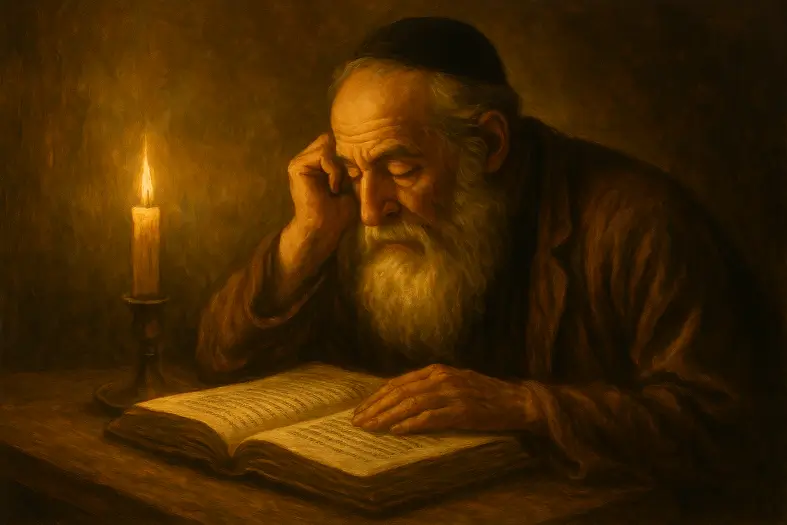


We are commanded to show respect and honor to Torah scholars and teachers.
This mitzvah enjoins us to honor Torah scholars and elders, acknowledging Torah’s centrality by respecting its bearers. Rambam (Hilchot Talmud Torah 6:1) codifies standing before sages and offering them deference. Sefer HaChinuch (Mitzvah 407) teaches that honoring scholars strengthens Torah itself, for reverence for its teachers inspires reverence for Torah.
The Talmud (Kiddushin 32b) derives that one must rise for a sage, whether old in years or wisdom. Rashi explains that the mitzvah includes not only scholars but any elder who embodies experience and Torah. Ramban emphasizes the connection between this honor and fearing Hashem, since disrespect to Torah scholars dishonors Torah itself. Midrash (Vayikra Rabbah 25:1) links reverence for sages to reverence for Hashem, teaching that honoring Torah bearers is honoring the Divine Word itself.
Commentary & Classical Explanation:
Contrast with Learning Torah (Mitzvah 22):
Parallel to Community Respect (Mitzvah 584 – honoring parents):
Respecting Torah Teachers and Rabbis
Valuing Torah Institutions
Students’ Conduct
Public Recognition
Digital Age Respect
Parents as First Teachers
Kavod HaTorah in Debate
Encouraging New Teachers


Signifies awe and reverence toward Hashem—living with awareness of His greatness and presence.
Represents Emunah—the deep, inner trust in Hashem’s presence, oneness, and constant involvement in our lives. This badge symbolizes a heartfelt connection to G-d, rooted in belief even when we cannot see. It is the emotional and spiritual core of many mitzvot.
Represents the concept of spiritual intentionality, purity, and sanctity—set apart for a higher purpose.
Mitzvot that uphold fairness, honesty, and moral responsibility. Justice is kindness structured — ensuring that society reflects G-d’s order through truth, equity, and accountability.
Mitzvot that strengthen communal life — showing up, participating, supporting, and belonging. Community is where holiness is shared, prayers are multiplied, and responsibility becomes collective.
Mitzvot that define and deepen the relationship between a person and their Creator. These include commandments involving belief, prayer, Shabbat, festivals, sacrifices, and personal holiness — expressions of devotion rooted in divine connection.
Mitzvot that govern ethical behavior, kindness, justice, and responsibility in human relationships. These actions build trust, dignity, and peace between people.

Dive into mitzvos, prayer, and Torah study—each section curated to help you learn, reflect, and live with intention. New insights are added regularly, creating an evolving space for spiritual growth.

Explore the 613 mitzvos and uncover the meaning behind each one. Discover practical ways to integrate them into your daily life with insights, sources, and guided reflection.

Learn the structure, depth, and spiritual intent behind Jewish prayer. Dive into morning blessings, Shema, Amidah, and more—with tools to enrich your daily connection.

Each week’s parsha offers timeless wisdom and modern relevance. Explore summaries, key themes, and mitzvah connections to deepen your understanding of the Torah cycle.